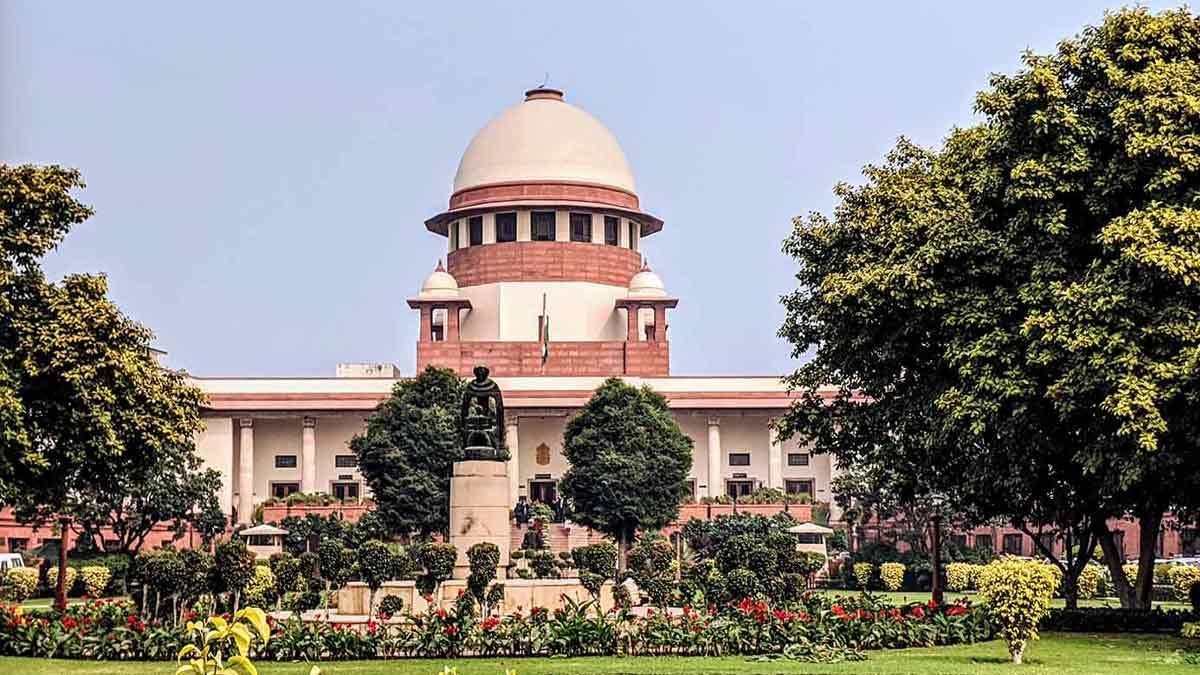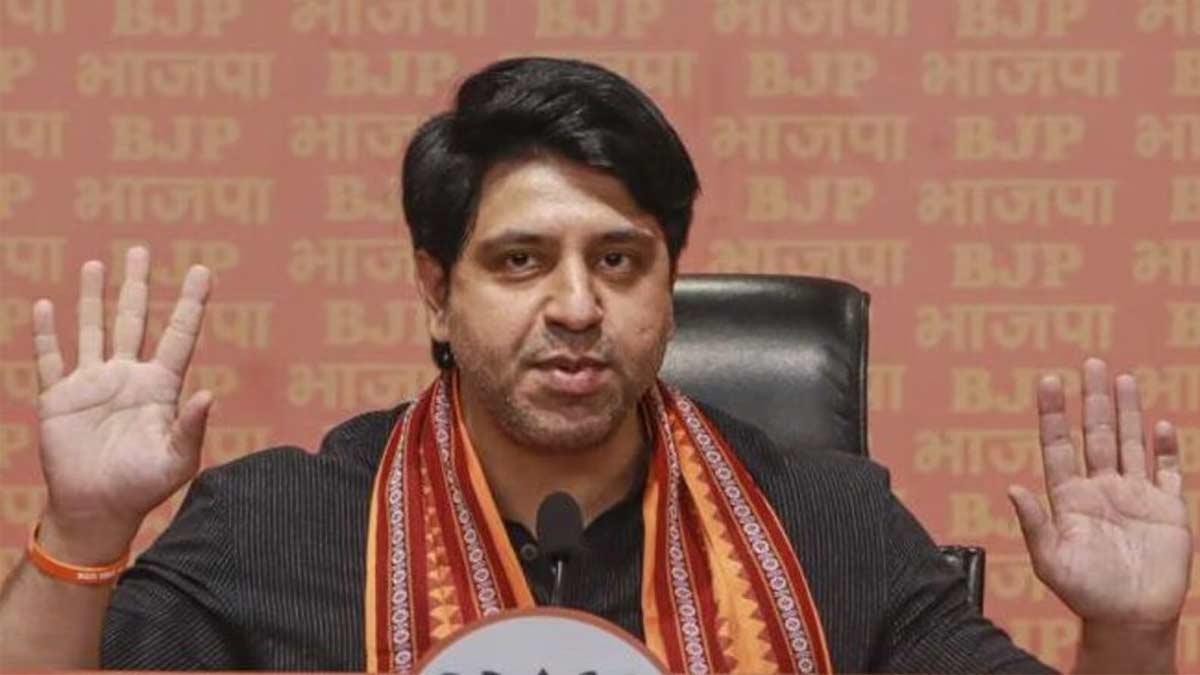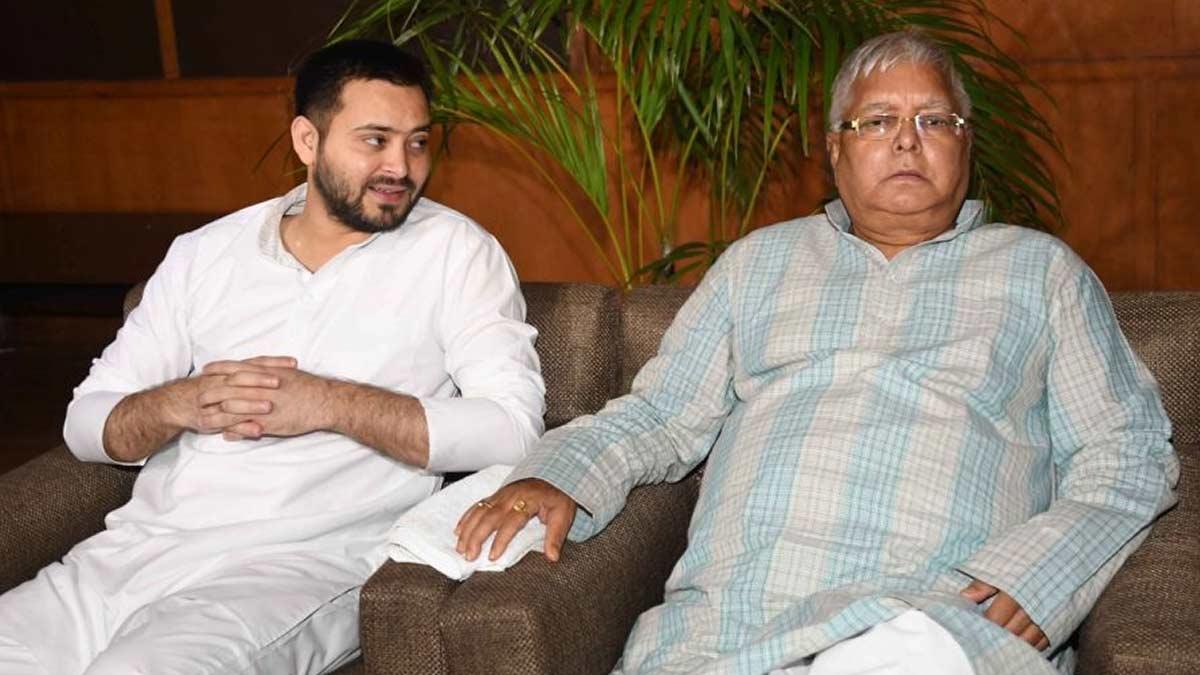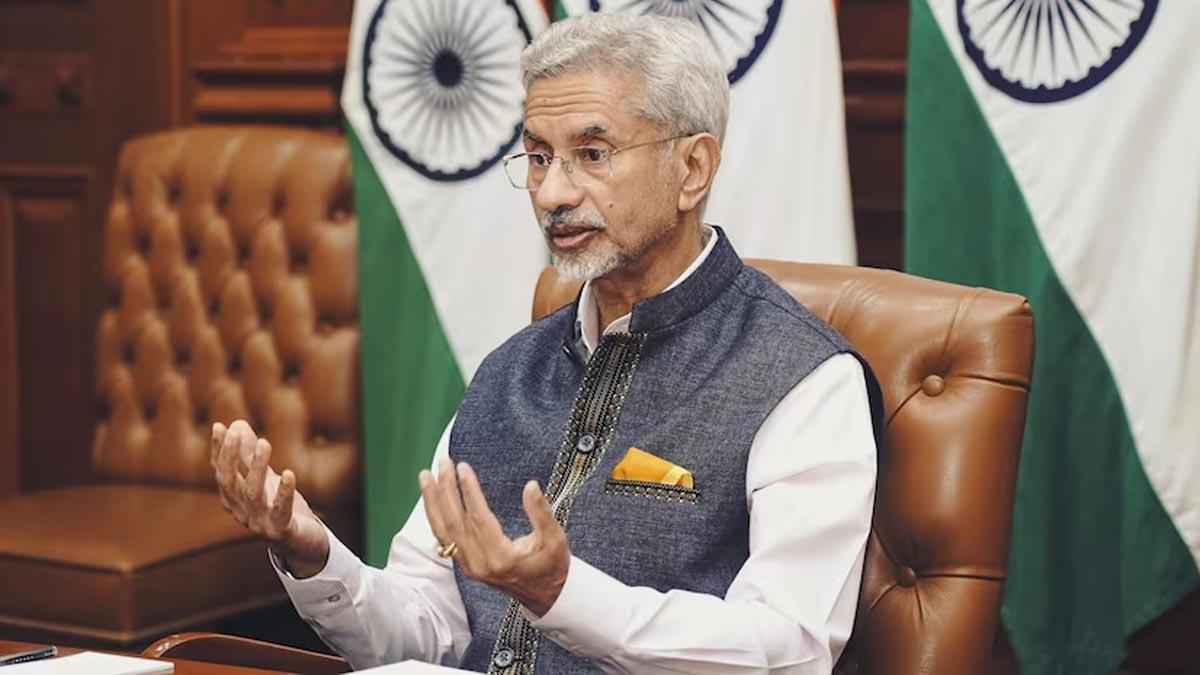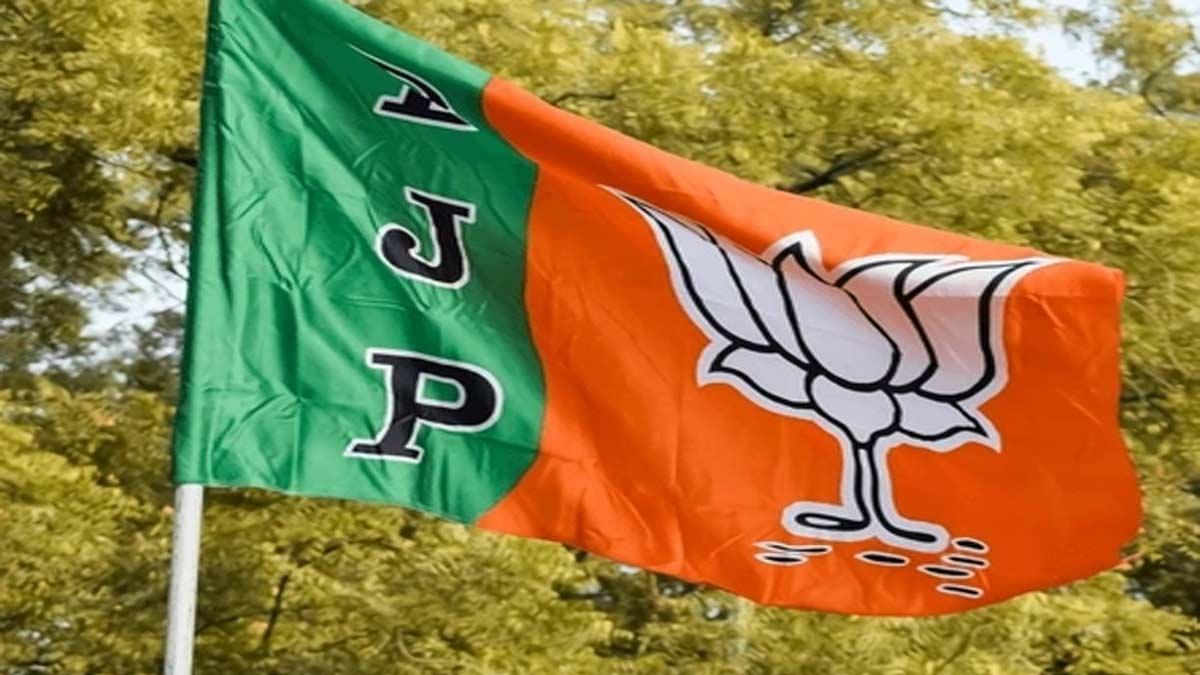On Thursday, the Centre again reassured the Supreme Court that it would not de-notify any waqf properties, including those that are 'Waqf by user,' and would not include non-Muslim members on the Waqf Board.
The Centre, represented by Solicitor General Tushar Mehta, who appeared before Chief Justice of India B.R. Gavai-led bench, contended that this assurance would remain valid until the day of the next hearing.
The bench, which also includes Justice A.G. Masih, is hearing a number of petitions challenging the constitutional validity of the Waqf (Amendment) Act, 2025.
Since fixing interim directions regarding the enforcement of the statute requires minute scrutiny, the parties requested the court to schedule the next hearing a week later.
The CJI Gavai-headed bench resolved to hear the question of interim relief on Tuesday. The court made it clear that it would address the challenges to the 1995 Waqf Act in a separate manner.
During the final hearing on April 17, the Supreme Court had sought a response within a week from the Centre, state governments, and Waqf Boards. It has chosen five writ petitions as lead cases and taken all the remaining petitions on file as applications for intervention. The court has also ordered the registry to rename the proceedings in the caption "In Re: The Waqf (Amendment) Act, 2025.".
In response to the court's recommendation of a stay order, the Indian government gave an assurance to the Supreme Court that it would never de-notify the 'Waqf by user' provisions or introduce non-Muslim members on the Waqf Board.
In its initial affidavit, the Centre revealed that the amendments were carried out to prevent misuse of Waqf laws, which had led to encroachment on government land, and to make Waqf Boards function properly with transparency.
It is presented that misuses of Waqf provisions that have been reported are to encroach on government as well as private properties. It is astonishing to hear that after the amendment brought in the year 2013, there is an increase of 116 per cent in Waqf area," said the Ministry of Minority Affairs.
The Centre also maintained in its reply to the court that many Waqf Boards have functioned in a "most non-transparent" manner, at times failing to publish relevant information in the public domain or giving half the information.
It further added that under the previous system, the lack of adequate safeguards allowed government and private land to be improperly notified as Waqf properties.
The Sections 3A, 3B, and 3C provisions cover the foregoing scenario, that prevailed for several decades. There are alleged to be shocking cases wherein the government lands or even private lands were declared as Waqf properties," the affidavit stated.
The Union government emphasized that the Waqf (Amendment) Act, 2025 was enacted to modernize management of Waqf properties in India through transparent, effective, and inclusive management practices.
It argued that the reforms focus solely on secular and administrative features of Waqf institutions—such as property management, bookkeeping, and administration—without crossing any sacramental Islamic religious practice or belief.
The word 'Waqf' draws from Islamic law and tradition and is a donation made by a Muslim for religious or welfare purposes, including mosques, schools, hospitals, or other social establishments.
Read also| India's Defence Budget Surges Over 100% in 11 Years to Strengthen Armed Forces

